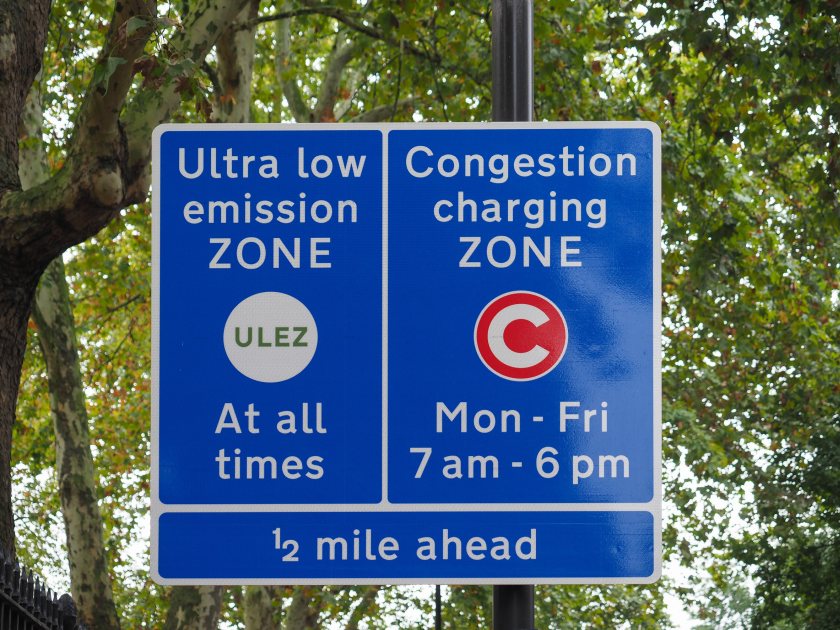
Plans to introduce a Congestion Charge for electric vehicles in London risk undermining efforts to decarbonise logistics, industry body Logistics UK has warned.
Transport for London (TfL) is currently consulting on changes to the Congestion Charge scheme, including proposals that would see electric vans and HGVs—currently exempt—brought into scope for payment.
While the consultation acknowledges the critical role played by commercial vehicles in the capital’s economy by distinguishing them from private motorists, Logistics UK says the plans still represent a serious cost burden for businesses already investing in green transport.
Chris Yarsley, Senior Policy Manager for Road Freight Regulation at Logistics UK, said: “It is vital TfL incentivise operators to decarbonise fleets and we continue to press for the continued exemption from the charge for electric vans and HGVs.
"Any increase in charges is a disincentive for operators to serve the capital and congestion charges should be used to encourage road users to use alternative modes of transport – an option that is not available to logistics operators.
“Operators have made significant investments moving to electric vehicles and they simply cannot afford to soak up additional costs so it is likely that any increase in charges will have to be passed on which will ultimately lead to increased prices for the end user.
“London depends on logistics businesses to keep the capital stocked with everything its businesses and consumers rely on every day, and the transition to alternatively fuelled vehicles should be incentivised, not penalised in this way.”
TfL’s proposals form part of a wider review of congestion and emissions reduction measures in central London, as the capital continues its efforts to meet environmental targets.
However, logistics firms argue that any policy which increases costs for low-emission vehicles risks reversing progress on fleet decarbonisation.
The consultation remains open to feedback from stakeholders and the public.